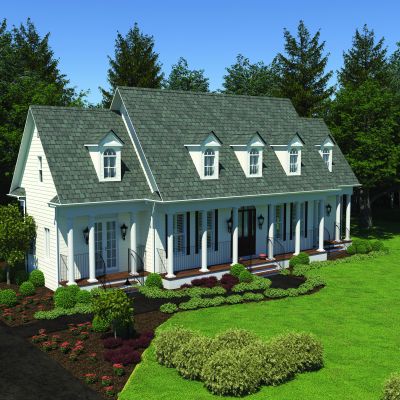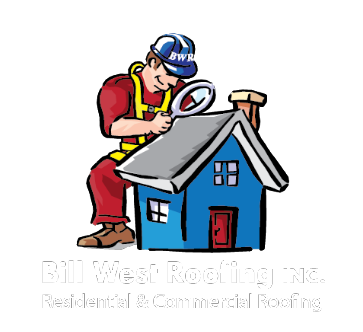Many homeowners know federal, state, and local tax benefits may exist for particular home improvements. However, they may not understand which home renovations qualify for what kind of tax advantage. Homeowners may ask themselves, “Is a roof replacement tax deductible?” Answering questions like this involves a detailed analysis of how tax benefits function.
Is A Residential Roof Replacement Tax Deductible?
No. Emphatically, no. Typically, a residential roof replacement is considered a home improvement (assuming the replacement increases the value of your home and otherwise meets the federal income tax criteria for being a capital improvement). Generally, a home improvement is not deductible for federal income tax purposes.
However, not all hope is lost. A home improvement may raise your home’s basis (translating into your home’s adjusted basis). The basis is the price you paid for your home. The adjusted basis incorporates the basis plus any home improvements you make to your home during your ownership. When you sell your home, the adjusted basis may help reduce or eliminate any federal tax obligation you incur (depending on the difference between the sale price of your home and the adjusted basis).
Although installing a new roof may not generate a tax deduction, homeowners may qualify for a federal income tax credit of up to $3,200 if they act by December 31, 2025. This provision includes $1,200 for energy property costs and specific energy-efficient home improvements. Bolstering a home’s insulation or installing skylights may deliver a tax credit by taking action no later than December 31, 2025. After that date, these tax credits vanish under the One Big Beautiful Bill Act (OBBBA).
Understanding The Tax Benefit Terminology

What Tax Benefits Exist For Homeowners When Replacing A Roof?
Before January 1, 2026, homeowners have two opportunities to access a federal income tax credit when “resolving” roofing issues. The first route is an insulation tax credit of up to 30% of the product cost with a maximum credit of $1,200 annually for addressing any combination of home envelope improvements, including windows, doors, skylights, electrical, and insulation.
The insulation tax credit allows the homeowner to receive a federal income tax credit for purchasing and installing (but no tax benefit for labor) bulk insulation materials and/or products (i.e., weather stripping, caulk, house wrap, etc.) that reduce air leaks. Certain limitations apply, naturally.
The second avenue is a windows and skylights tax credit of up to 30% of the product cost (with a maximum credit of $600 annually for the skylight itself, and $1,200 annually for addressing any combination of home envelope improvements). Any skylight must meet the Energy Star Most Efficient criteria.
Don’t wait too long to take action. You must purchase and install the qualifying insulation product or skylight by December 31, 2025. After that date, these tax credit opportunities will expire permanently. Contact a knowledgeable professional like Bill West Roofing to schedule your insulation or skylight project.

Hiring A Qualified Roofing Contractor To Replace A Residential Roof (And Access Any Tax Benefits)
For homeowners throughout Kansas City, MO (and surrounding areas), Bill West Roofing provides unmatched customer service, exquisite craftsmanship, and phenomenal roofing products. We set the industry standard for residential (and commercial) roof repair, roof replacement, and gutter installation.
Our knowledge and experience ensure you receive exceptional results and complete satisfaction. Since 1976, we have met the needs of homeowners throughout the area by offering high-quality roofing solutions at a competitive price. We don’t cut corners, and we don’t oversell our services or products.
To schedule a free, no-obligation appointment, contact Bill West Roofing today.

